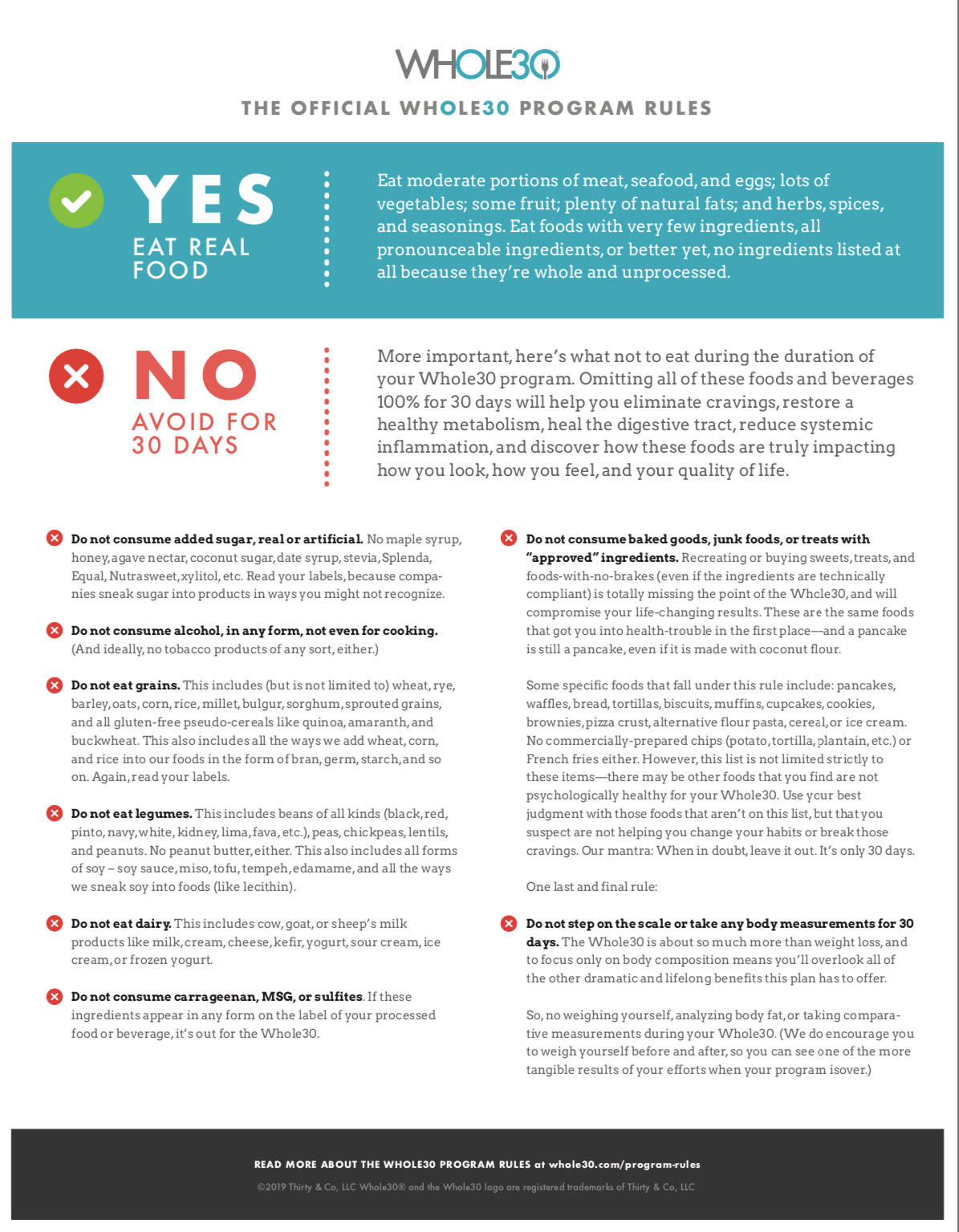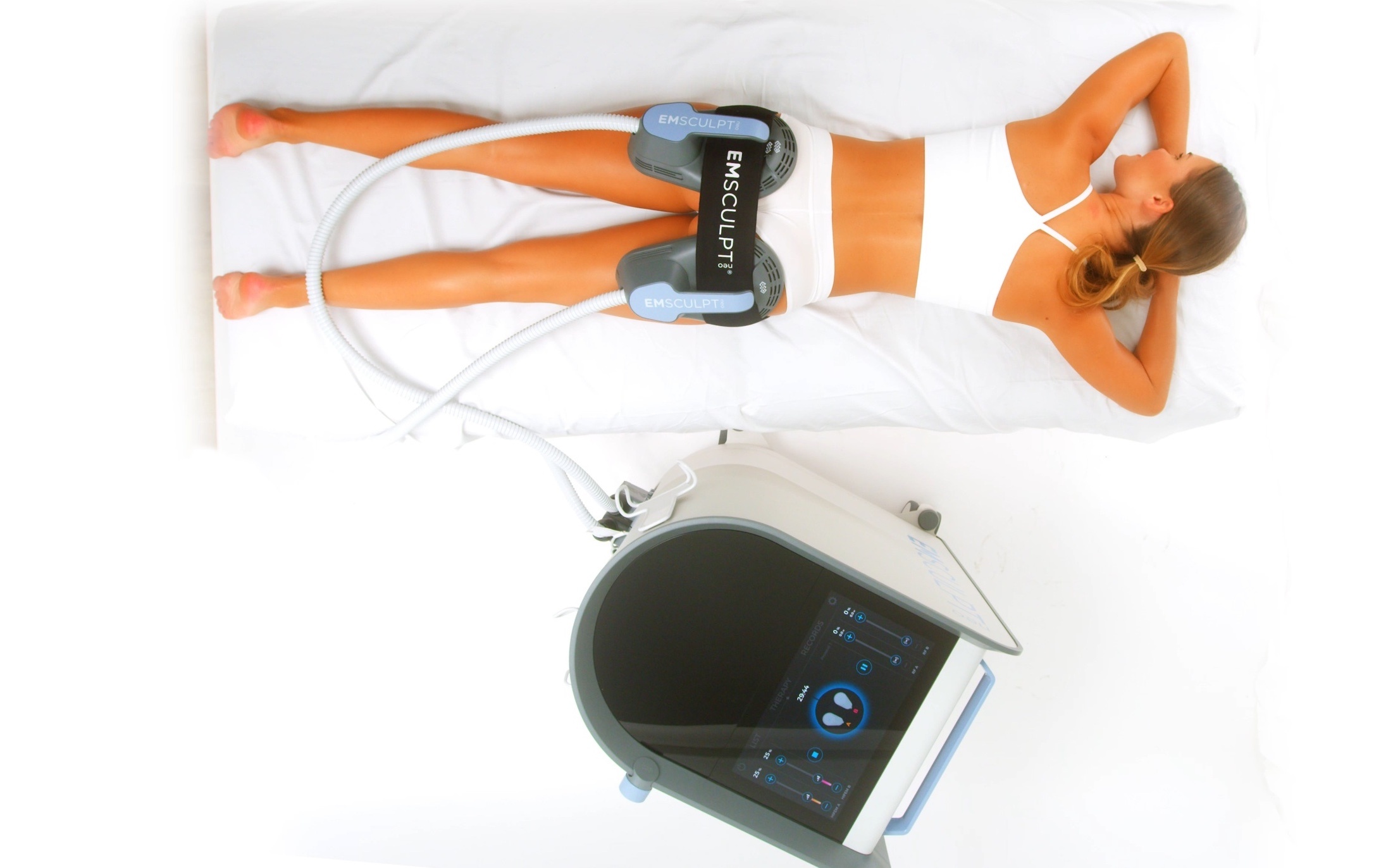3 reasons that diets don't work

What is a diet?
According to Merriam-Webster, a diet is:
- food or drink regularly consumed (noun)
- habitual nourishment (noun)
- the kind and amount of food prescribed for a person for a special reason (noun)
As a surgeon, this is how I used to define “diet.” When I’m caring for my patients in the hospital, I select their diet. And I make my selections according to their needs:
- High blood pressure? Low sodium diet.
- Weak kidneys? Low potassium diet.
- Diabetes? Low sugar diet.
Made sense to me! A diet is simply what someone eats. And you pick what you eat based on what your body needs, right? It turns out a diet is not that simple. It doesn’t just address a physical need. It incorporates mental and emotional needs too. And that’s how it gets complicated.
What is a diet … really?
Merriam-Webster also offers these definitions of diet:
- A regimen of eating and drinking sparingly so as to reduce one’s weight (noun)
- To eat sparingly or according to prescribed rules (verb)
- Reduced in or free from calories (adjective)
- Promoting weight loss (as by depressing appetite) (adjective)
This set of definitions is much stickier than the first set, isn’t it? And now I think this is what most of the world thinks about when the word “diet” is used. Diet brings up the idea of weight. Or being overweight. Or losing weight. It brings up thoughts of restriction. And lack. And scarcity. And rules! Then, calories get dragged into this mess. Should you count them? Should you eat food that’s calorie-free? Are calories bad?! Did Merriam-Webster actually use the word “depressing?” Yikes! So ... when you’re on a diet, you’re hungry … and sad? This sounds dreadful. Doesn’t it?! Why in the world would you willingly sign up for that? Perhaps because you don’t think there’s another way? Let me explain.
This concept of a diet is complex and emotional. It’s negative! And it’s wrapped up in our fat-phobic culture where fat has such a negative connotation. So, as I’ve become more aware of this real-life definition of diet, I’ve learned to use the word really carefully. It just feels … icky. So, I don’t talk about weight loss. And I’m anti-diet. Instead, I’m pro healthy eating habits. In fact, I think healthy eating habits are the anti-diet.
Not only does the idea of a diet just feel bad to me, it doesn’t work. And by “work,” I mean it doesn’t truly change your life. And it doesn’t truly change your life because being on a diet feels bad. So, you don’t stick with it because it’s hard to force yourself to do something that feels bad. Now, if your goal is weight loss - especially temporary weight loss - you might be ok with this. But if your goal is bigger - like truly becoming a better, healthier version of yourself - then don’t go on a diet. Have I convinced you yet? Either way, please keep reading. Here are 3 reasons that diets don’t work. On a diet, ...
1. You feel restricted.
During resolution season, I wrote a blog post titled “Your guide to 4 diet trends.” While I’m not promoting them, I’m all about education. So, if you’d like to read some objective info about the trendiest diets, you can click here.
But the bottom line is these diets all have one thing in common. A “don’t eat” list. It may say, don’t eat wheat. Or don’t eat any grains at all. Don’t eat pre-packaged food. Cut out this and cut out that. In this way, a diet is the definition of scarcity. When you live in scarcity, your focus is on what you’re lacking. You’re in a constant state of FOMO (fear of missing out). And you can suffer through that for a while. A week? Three weeks? Three months? But it’s a pretty tough pill to swallow long-term.
Why? When you’re on a diet, you have to focus on what you’re not allowed to eat every time you want to put something in your mouth. And that’s a negative thought. Before you know it, that negative thought brings about more negative thoughts. Then, thinking the diet is negative will turn into believing that the diet plan is negative. Soon, believing that the diet is negative will make you feel negative. Once you feel negative, you’ll likely start to act negatively. You might even act out against your diet … intentionally sabotaging it. Eventually, you’ll just stop. Because it feels bad! And you’ll reject and resent the diet for making you feel that way.
On the other hand, I talk to my clients about eating in abundance. Abundance is the exact opposite of scarcity. I never restrict my clients. In fact, I teach them how to eat more. Specifically, they learn how to eat more of what honors and respects their bodies. And while they are always able to eat anything … the stuff that harms them or breaks them down kinda gets squeezed out. There’s just no room for it because they’re filling up with so much goodness.
Doesn’t a message like “eat good food” sound amazing?! But this isn’t the typical diet message. The typical diet message is restrictive and you likely find restriction unattractive.
2. You don’t understand the method to the madness.
You are not a chicken without a head. I’m sorry if that was crude. But you’re not. So why would you follow a diet that treats you as if you are? Diets say, “don’t do this. And don’t do that.” And when those diets are bossing you around, I hope you say, “Why?”
My life as a woman, mom of three, wife, surgeon and nutrition coach have summed up to equal 39 years of unintentional diet industry market research! But I’ve taken the last several months to do quite a bit of very intentional diet industry market research. And I’ve found a lot of diets that give you a lot of instructions and make a lot of promises without any justification.
Like this:
“... Replace one meal with one quart of green smoothie each day … If serious weight loss is your goal, [you] will be replacing two meals a day with a quart of green smoothies … Set an intention of dropping 5+ pounds during the 9-day challenge. So take a pic of the scale the day before we begin and get ready for some great results!”
What in the actual world?! There is zero education here! Why is this green smoothie nutritious? Why are you replacing meals with it? Why should you expect to lose 5 pounds? Why? Why?! WHY?! You can and you should turn into the best three year-old version of yourself when you’re starting a new plan. Just ask “why?” every time you get a direction. And expect that explanation to make sense to you. Because if it doesn’t … the plan won’t be meaningful. And so you won’t stick with it. Diets usually restrict you without educating or empowering you. And so they won’t give you a long-lasting change. Because you’re smart and reasonable and it helps to understand the method to the madness.
3. You have an “all or nothing” attitude.
I think “all or nothing” can be a troubling attitude. When you tell yourself, “diet starts tomorrow,” the underlying expectation is that your life changes tomorrow. But that’s just not true. What is true is that your life starts to change tomorrow. Do you see that difference?
For this one, I’d like to use one of my favorite examples, Whole 30. The Whole 30 program promises to change your life in 30 days. But it doesn’t. Instead it changes your life for 30 days. Those are very different outcomes. Because you only know if Whole 30 was a success, by taking a good look at your life on day 31. Or day 45. Or day 99.
Whole 30 is huge. It’s everywhere! When you type “whole” into the Google search bar, Whole 30 is the second result Google offers, right after Whole Foods. And the program asserts that “millions of people have completed the program … with stunning, life-changing results.” Here are the Whole 30 rules:
What do you think of those rules? “Yes, eat real food” sounds positive and totally do-able. But did you notice how little space the “yes” section takes up on the page? So, then do you notice how much more space the “no” section uses? The Whole 30 is a majorly restrictive 30-day diet. You’re all in for 30 days, denying yourself all the foods on the “no” list. And you feel like a success when you complete day 30! But then what? Again, what’s life like on day 31? Or day 99?
Diets make you feel like you have to be either in or out. Like you have to be on or off the plan. All or nothing isn’t sustainable. So, you can successfully complete the diet, but is that really the only outcome you want? To be a diet success? Or do you want healthy eating that translates to your real life? And that becomes part of your life? I think turning healthy eating into a lifestyle is the true success because that stays with you.
To that end, I think it helps to know that the real-life success of creating healthy eating habits is imperfect. It is unlike the shiny, glossy marketing of food labels marked “Whole 30 approved!” When you’re all in with something like Whole 30, you feel like you’re doing something. You’re making a big sacrifice and you should get big success from it, right? Well, it depends on what you consider a success.
I encourage you to value your progress over perfection. Consider progress a success, not a result. You can lose weight by dieting. But sustaining your goal weight is more important than achieving your goal weight. And even more than that is how you get there. The system matters! Because it’s the system that will get you true, long-lasting success. Have you ever heard of yo-yo habits? Of course not! They’re yo-yo diets. And if they truly worked, you'd never have to do them more than once.
Creating habits takes time, yes. But habits last. And that’s true success. You don’t have to be all in or all out, all or nothing, yes or no. Instead, you can build a life that you can actually sustain because you’ve made habits that you can actually be consistent with. And that's done by making small changes, step by step.
If you’d like some help creating healthy eating habits, I’m your girl! I've got a proven, step-by-step system that educates and empowers you to build a healthy lifestyle. You can try out my coaching with my free 5-day Healthy Eating Habits challenge starting on September 9th. Click here to join me!


